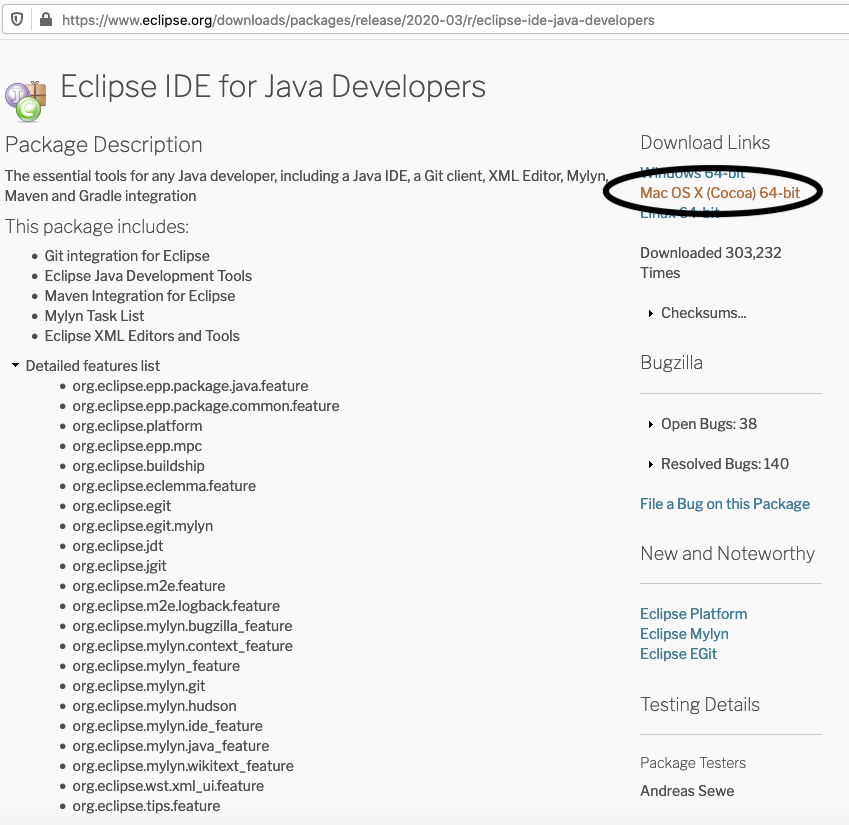

However, this only works when starting R from the Terminal. jcall("java/lang/System", "S", "getProperty", "") Set the following in the Terminal: alias r="DYLD_FALLBACK_LIBRARY_PATH=/Library/Java/JavaVirtualMachines/jdk1.8.0_11.jdk/Contents/Home/jre/lib/server/: open -a r"Īnd start R from the Terminal. Googling this lead me to this post:, with a working solution. )Įrror: unable to load shared object '/Library/Frameworks/R.framework/Versions/3.2/Resources/library/rJava/libs/rJava.so':ĭlopen(/Library/Frameworks/R.framework/Versions/3.2/Resources/library/rJava/libs/rJava.so, 6): Library not loaded: from: /Library/Frameworks/R.framework/Versions/3.2/Resources/library/rJava/libs/rJava.soĮrror: package or namespace load failed for ‘rJava’ onLoad failed in loadNamespace() for 'rJava', details:Ĭall: dyn.load(file, DLLpath = DLLpath. HOWEVER, R studio throws an error after re-installing rJava:Įrror. I tried the solution suggested by Guilherme Kenji Chihaya above, but even after sudo R CMD javareconf -n and install.packages('rJava', type='source'), R insists on using Java 1.6 (and is happy to do so). I have been working on this problem all morning, and I have a partial fix. In a new R session, re-install rJava from source: install.packages("rJava", repos="", type="source") Type the following in the Terminal window: sudo ln -sf $(/usr/libexec/java_home)/jre/lib/server/libjvm.dylib /usr/local/lib (e.g., type > vim /Users//.bashrc in the Terminal, then 'i', add the line above, then ':wq' to save and quit)Ĭlose and re-start all Terminal, R and RStudio windows Sudo Rscript -e 'remove.packages("rJava")'Īdd the following to /Users//.bashrc: export JAVA_HOME=$(/usr/libexec/java_home -v 1.8)/jre' Uninstall existing rJava versions by running the following in the Terminal: Rscript -e 'remove.packages("rJava")' What does work, and completely, is the final solution offered here: Ĭopying from there, many thanks to Gregory R. If it works, I suggest that 1.0-1 be rolled back until this Java problem is solved.ĮDIT: I don't know if anyone is still struggling with this, but with rJava 0.9-9, the 'partial fix' below no longer works.
JAVA MAC FOR R ARCHIVE
I will try to find RNetLogo 1.0-0 in the archive and test that. I've launched R via the standard Mac R GUI, from RStudio, and from the terminal and it is only recognizing Java 1.6. Works fine, but has no effect on R AFAICT. (Note that the new 1.8 JVM is in a DIFFERENT place-/Library/Java instead of /System/Library/Java for 1.6.). At that point, you can get the Mac to recognize that a new java virtual machine is available, and you can do the export command successfully.
JAVA MAC FOR R INSTALL
To get the Mac to even recognize a newer version of Java, it seems you must install JDK v.8 (not JRE). throws an error saying it can't find a version 1.8. If you run.Įxport JAVA_HOME=$(/usr/libexec/java_home -v 1.8)
JAVA MAC FOR R UPDATE
If you just update to Java 1.8 (Java 8 for Oracle) in the standard way as prompted by the Java preferences pain, you just get the Java Runtime Environment (JRE).

Windows and Linux solutions are not relevant because the files are in different places. Unfortunately, none of these seem to help on a Mac.


 0 kommentar(er)
0 kommentar(er)
